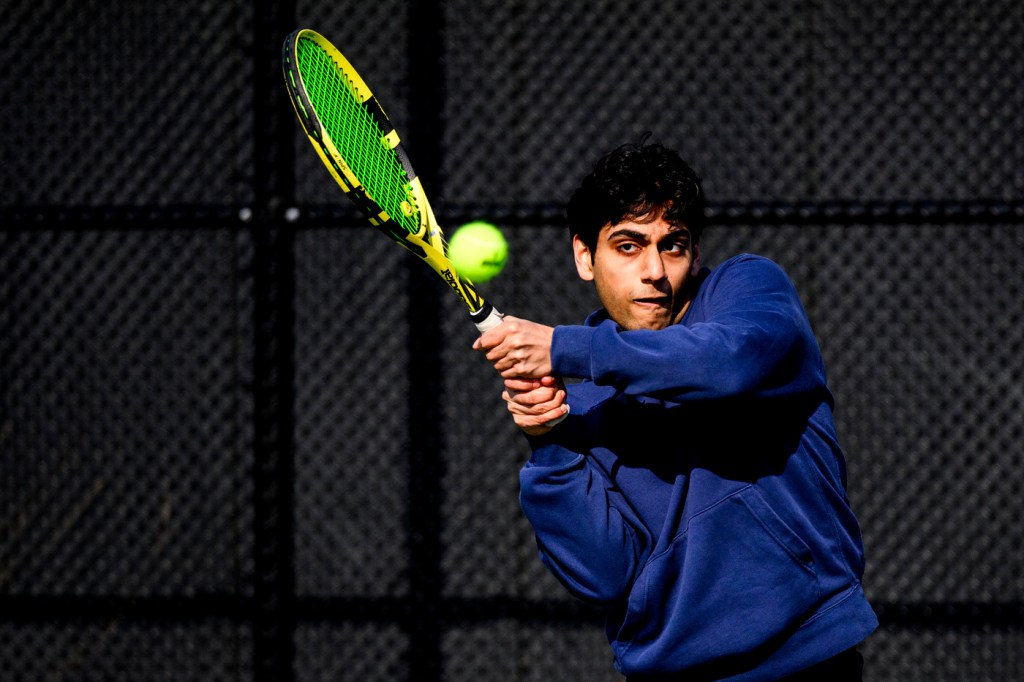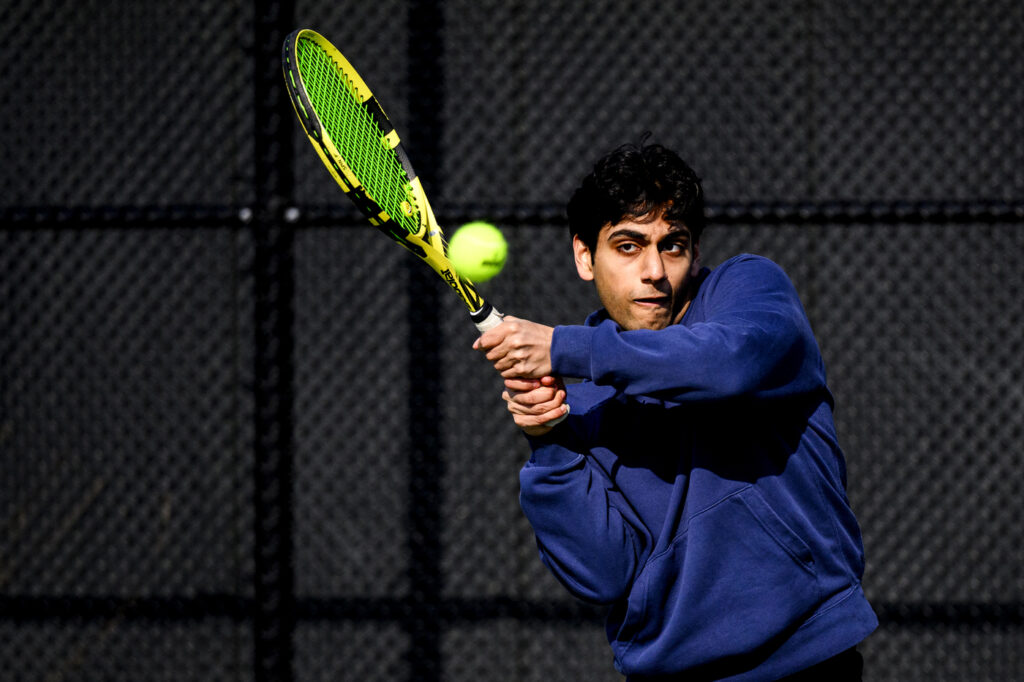Research shows that picking up a racket can be extremely beneficial, but there is a lack of evidence about the long-term health effects of certain sports.

Racquet sports such as pickleball, which is said to be America's fastest growing sport, are clearly experiencing an opportunity. New pickleball partnerships, leagues, and playing courts are popping up all over the place.
Additionally, research shows that picking up a racket may be one of the best decisions a person can make for their health. One study of approximately 80,000 people showed that racquet sports were associated with reduced all-cause mortality. Another study comparing racquet sports to other forms of exercise found that participants who played tennis and, yes, badminton lived longer than cyclists, soccer players, joggers, and swimmers.
However, research acknowledges that there is a lack of evidence regarding the long-term health effects of specific sports. Northeastern Global News spoke with Art Kramer, professor of psychology and director of the Center for Cognitive and Brain Health, who studies exercise and its effects on the body and brain, to discuss these findings and the broader literature. We asked for their opinion.
His comments have been edited for brevity and clarity.

According to a study by the Copenhagen Heart Association, playing badminton increases your lifespan by an average of 6.2 years compared to people who don't exercise, while playing tennis increases your lifespan by nearly 9.7 years. This is a frequently cited study. What do you think about it?
First, since this is an observational study, there is no causal relationship. We can't talk about causation here. But if I had to speculate as to why they found racquet sports beneficial, one possibility is that they not only required plenty of exercise without taking too many breaks between plays; The same is true for tennis. Pickleball can sometimes be played for long periods of time, but it's also very social, right? If there is a link between racquet sports and some improvement in mortality, and perhaps brain health, it may be due to the fact that it is exercise, not just exercise. and others.
However, there may be a variety of factors at play that are invisible to us, and this is often the case in longitudinal studies of people who participate in these sports. Maybe you're just in good health. Maybe you're cutting back on bad habits like drinking alcohol. People who are drawn to this type of sport may be naturally very healthy, and I think there is some truth to that. Because it is very difficult for him to run around for an hour or two on the court if he has health problems. .
Why do you think pickleball is so popular among seniors? Does it help them stay healthy?
I think the fact that it's a much smaller court and there are two people on the court is very appealing. If you're a really good player and you're good at placing the ball, you can put it between two people, but even a well placed ball doesn't have that much movement compared to the movement required in tennis. It doesn't take many movements to take it out. court. There is a lot of room among those playing doubles tennis. I think this is why older people play pickleball. Mainly because it's easier to move around when you can't move.
You've spent your career studying, among other things, the effects of exercise on brain health. Could you give us an overview of some of the key findings?
First, what's good for your heart is good for your brain, and exercise in racket sports definitely helps your heart. Such exercise reduces unwanted plaque buildup in the arteries. Reduces high blood pressure, which is often caused by high blood pressure. It tends to lower A1C, a marker of glucose metabolism in type 2 diabetes. It also reduces LDL (bad cholesterol) and increases HDL (good cholesterol). As you can see, exercise has a variety of effects on the heart. When your heart functions properly and your arteries are not clogged with plaque, your brain functions better.
This is one reason why your brain functions better when you exercise, and there are many other reasons. And thanks to rodent research, we know other reasons. Because we can do histology that humans would never volunteer for when they're alive. Exercise has been shown to increase new neurons and increase connections between neurons in some areas of the brain. Like the heart, it increases blood flow to the brain. It increases nerve growth factor and all sorts of other things. At a molecular level, it even increases mitochondria, the tiny energy factories found within neurons and cells in general. There are many changes that occur as a result of exercise, many, but not all, related to blood flow.
There has been much debate about the exact intensity level required to reap the health benefits of exercise. Any thoughts on what intensity of exercise is optimal and whether racquet sports like tennis or pickleball can achieve that ideal?
Fewer studies have compared different doses within the same study, within the same outcome measure, or within the same population. In fact, we are doing it now. We just started analyzing data that looked at her 650 elderly people, from he 65 and older to her 85 and older. The control condition is stretching, but there are two aerobic conditions. One is 150 minutes a week and the other is 225 minutes a week, so that's a 50% difference. We are looking at many of these factors as a function of dose.
However, there isn't enough information to know how much exercise you should get, and it probably depends on your age and health status. What is enough for you may be too much for me. Children tend to be constantly on the move. What you or I may not be able to do is good enough for a 10-year-old or her 12-year-old. In fact, that's probably true for most adults. Because simply, we all have to work. There are large individual differences in what people can do. It depends on people's health status. It depends on your previous history. And it depends, to some extent, on genetics.



